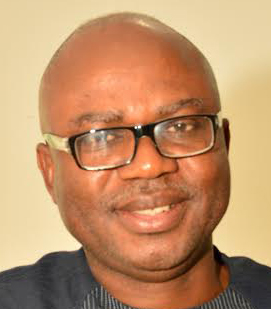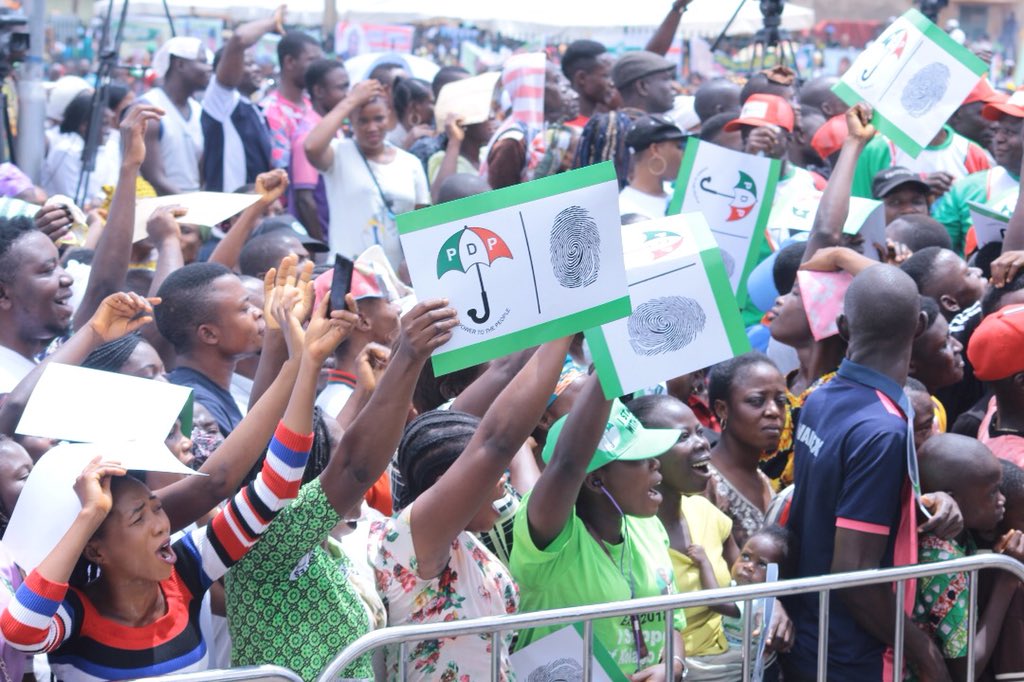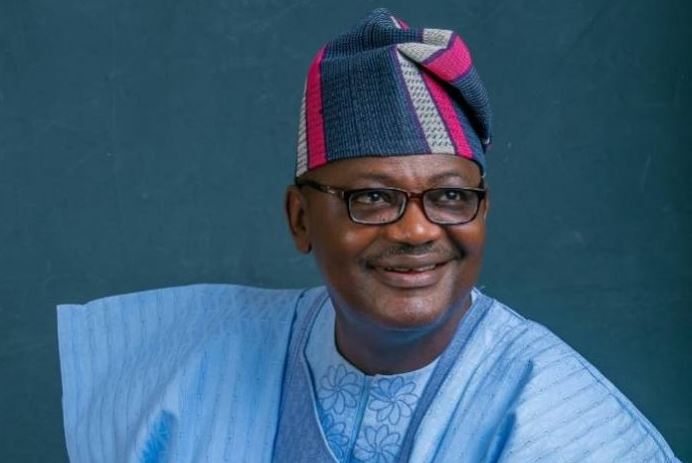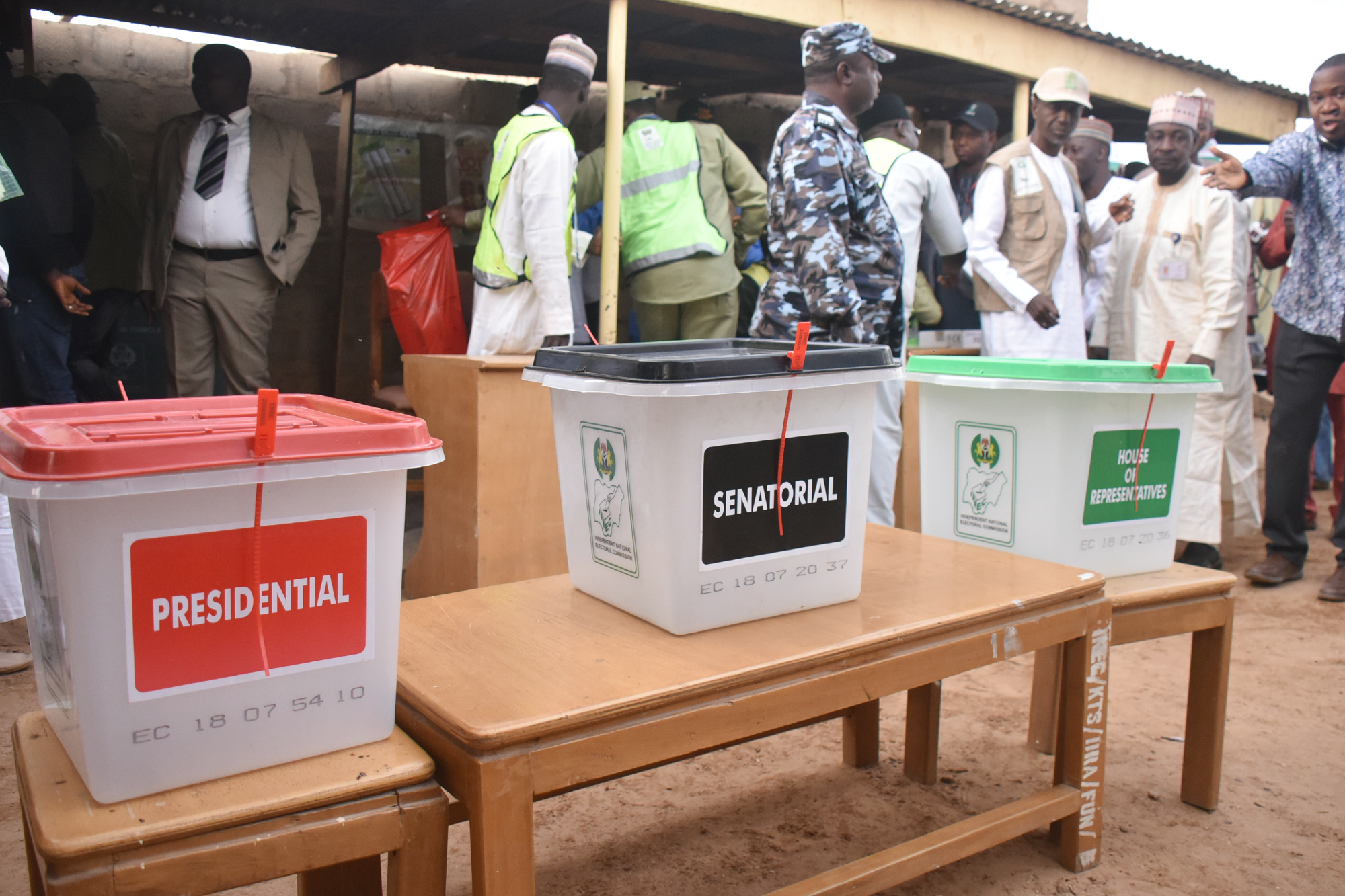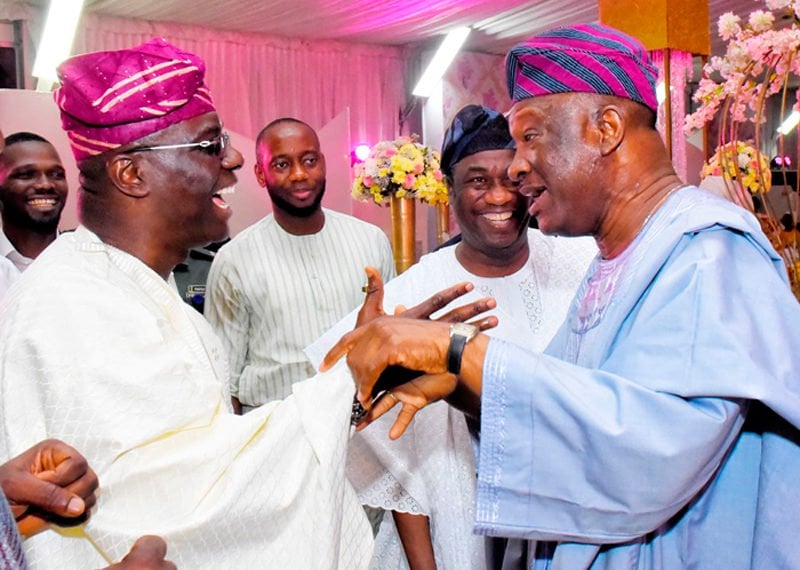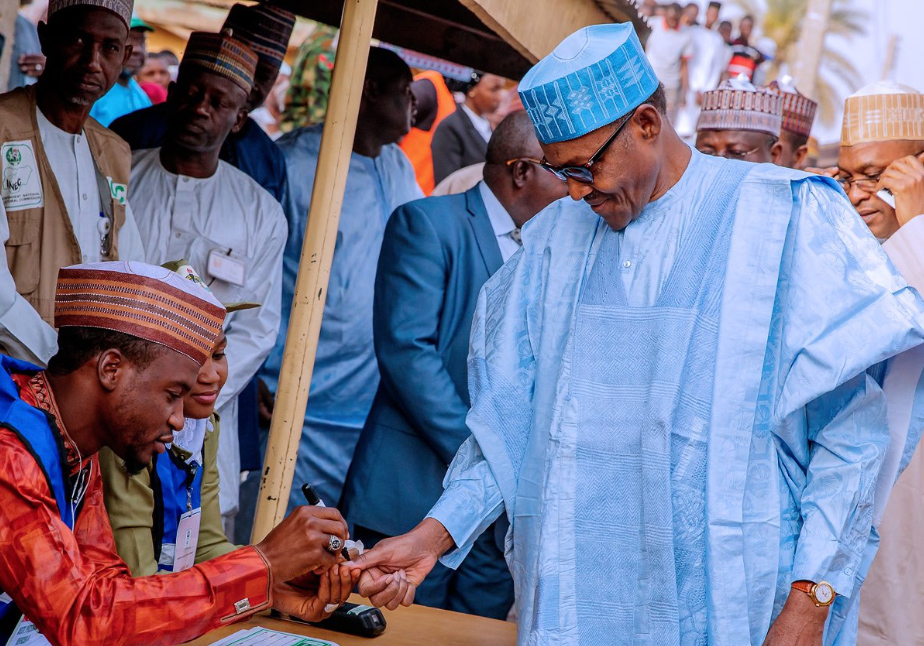If Mark Zuckerberg were like Nigerian Facebook users, he wouldn’t have founded the platform on which many young people burn their time and internet data. Once in a while, since I joined the online medium four years ago, I ask my friends to stop and ask themselves whether they’re not ashamed of abusing the platform founded by their age mate in America. I may ask Facebook to deregister every Nigerian who uses it to publish fake news, defame another person or write poor English!
The issues I see youngsters from Europe, America, Asia and even some other African countries discussing on social media are often quite different from what I see their mates in Nigeria discussing. Zuckerberg is 34 years old and has run Facebook for 15 years now. But his mates in Nigeria? It’s all about music, gossip over sex, and the latest gadgets produced by their mates elsewhere. Posts related to education or informed analyses don’t attract comments, likes or reactions.
Since the weeks before and after the first round of elections, social media has not been the same in Nigeria. You would think the political candidates have been contesting on Facebook or all the voters have been Facebook users. Of course, some politicians have those we call “e-rats” on their payroll. Their job is to abuse opponents on social media platforms particularly Facebook, WhatsApp, YouTube and on popular websites.
Whatever useful purpose they serve I don’t know. But my guess is that many an e-rat, paid or unpaid, was unable to sway even one voter in the real world to support their candidate. By pouring invectives on supposed opponents, they instead pushed undecided voters away.
Advertisement
Another suggestion I would offer as a way of sanitising Facebook is removal of its users’ anonymity. Compel everyone to open new accounts; and to reregister one must upload a form of identification which can easily be verified. BVN, driver’s licence and national identity card are okay. Each person must use their real name and address – no pseudonyms. That way, we would be reading posts delivered straight from the heart. Anyone who libelled against another or spreads falsehood would be traced and brought to justice.
But let’s give it to the Nigerian youth. They’re not as lazy as someone once claimed. The only problem is, they’re in the wrong country – a country that encourages them to work in a negative direction. Some professional groups on Facebook and WhatsApp, however, exchange useful information and discuss great ideas.
What the social media, notably Facebook and YouTube, provide in abundance is entertainment for some of us. And some wisecracks and lessons too. On the field, things are different.
Advertisement
Consider, for instance, what someone did with the EFCC on the eve of the presidential election. He had thought that the aerial image of bullion vans going into Bola Tinubu’s home he saw on Facebook was photo-shopped, until the suspect confirmed it a day or two later. My Facebook friend related his conversation with the EFCC on a phone line provided by the agency ahead of the polls:
Caller: Hello EFCC!
EFCC: Hello.
“You said we should report anyone found sharing money, right? Two bullion vans are currently in Tinubu’s home in Lagos…”
Advertisement
“Please where? Where in Lagos?”
“You mean you don’t know Bola Tinubu’s home on Bourdillon Road, Ikoyi in Lagos?”
“OK, we’ll go and block them now.”
“You’ll go and block them?”
Advertisement
After the elections on February 23, every e-rat was busy posting results, sometimes fake, from polling booths. His candidate was always leading by a wide margin, even though it’s an election supposedly conducted in over 100, 000 polling units. One NYSC member who was on INEC’s ad-hoc staff, however, captured the imagination ofFacebook users by posting her experience on the frontline. Her story went viral. “The rigging was too much,” she said. “They wanted to kill us yesterday.”
For the sake of her security, she didn’t quote the exact location she worked as presidingofficer. But she left no one in doubt about the credibility of her story:
Advertisement
“They subjected us to abject fear and anxiety. Nothing like card reader, PVC and the rest. They would just bring figures and ask you to sign, stamp and give them ballot papers to thumbprint.
“We didn’t even bring out our card readers…
Advertisement
“At some point, agents were signing, stamping and thumb-printing ballot papers at once. We didn’t see even one voter card.
“When we got back, we were so happy [thinking] the result would be cancelled because we were told during the training that manual voting isn’t valid. To our greatest surprise, INEC didn’t even request our card readers. They didn’t even ask us how the election went. They didn’t even check the signatures on the ballot papers. They didn’t even ask why we had so many mistakes on our result sheets. They just copied the figures and asked us to go home.
Advertisement
“So, my dear, INEC is a very big scam. Nigeria needs God’s intervention.”
Another poster took academics who served as collation, returning or other officers to task. He quoted a statement attributed to a well-respected Nigerian: “This is Nigeria where professors rig elections but expel students for exam malpractice.”
And that quote got me! In the past I too have called attention to one reason young people cheat at exams and engage in cyber fraud: They see their parents and teachers helping them to cheat in WASC and UTME exams. They watch as their parents pay bribes to secure admission for them in federal universities. They see their pastors duping people. And, at election times, they watch them on TV announcing fake results.
Mr Femi Kusa’s article in which he exhorts “strangers” living in Lagos to respect the wishes of the indigenous people also trended – it’s still trending. On Election Day, paid thugs had invaded areas inhabited by mainly Igbo voters to disrupt voting or burn ballot papers because they were not voting “right”. Many Facebook users linked their action to the bullion vans of the previous day. Some politicians were funding the thugs, it appeared.
Against all known conventions and the provisions of the Nigerian constitution, many like Kusa still felt the Igbo erred by not voting according to the prescriptions of the Lagos aborigines. On Facebook it appeared as if the Yoruba and the Igbo were doing battle!
“These animals don’t want to go and develop their place. They claim they’re developing Lagos.”
“Ndigbo are strangers in Lagos only during elections.”
“Yorubas own Lagos. Go and build your own Lagos in Igbo land.”
“When it’s time to share oil wealth derived from Igbo land, there are no strangers in Nigeria.”
Likely, a fracas will occur again as Lagosians vote this Saturday, because angered Ndigbo [many of them were born in Lagos] are likely to vote their conscience. And so-called security agents won’t be able to stop hired thugs from misbehaving again. President Buhari, who had directed them to shoot anyone seen snatching ballot boxes, will be voting in Daura, and Lagos will be in the hands of Lagosians.
There is quiet in the land. But on Facebook and WhatsApp, the noise is deafening. Elections are still being won and lost on cyberspace. Because nobody knows who is who, even miscreants abuse high chiefs and professors who are their “friends” on Facebook. You don’t find a poor or jobless person on Facebook– everyone is rich and influential. You have no way of tracking those who defame you because many use pseudonyms. There are those who seek information about you to aid them in their criminal activities.
Had the Nigerian authorities listened to preachers of political reform all these years, INEC wouldn’t have been offered over N250bn to waste on the general election this year. There are better ways of selecting leaders – through processes devoid of rancour, intimidation, hooliganism, and war. As I have always said, every business founded on fraud is bound to fail. Now, the nation’s economy is tottering – it will trigger the next big crisis.
Nwamu, a book editor, is the CEO of Eyeway.ng.
+234-8054100220 (SMS/WhatsApp only)
Views expressed by contributors are strictly personal and not of TheCable.
Add a comment
